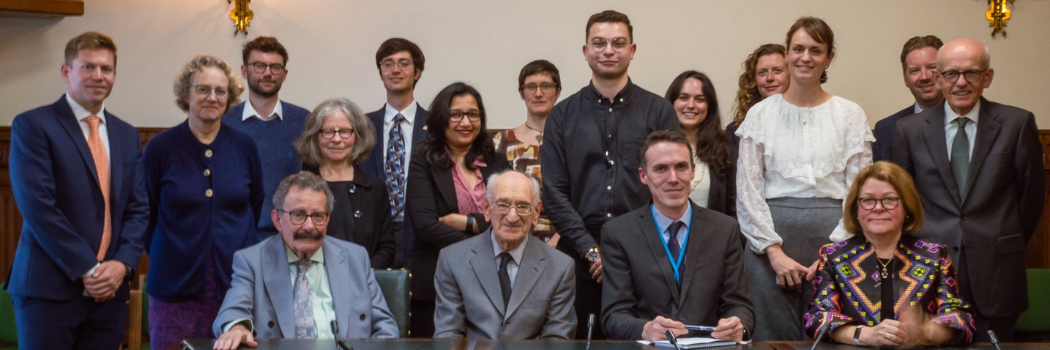
A Durham research student has played a pivotal role in developing cutting-edge policy considerations for the UK Parliament, focusing on energy security and Artificial Intelligence (AI).
Anthropology PhD candidate Daniel Lewis has co-authored a new briefing paper titled 'Energy Security and AI', that offers a comprehensive exploration of AI's transformative potential in the energy sector.
Revolutionising energy systems
The paper suggests that by harnessing big data from smart technologies, the UK could unlock unprecedented opportunities to optimise energy planning, generation, storage, and consumption.
Some of the key insights include AI as a transformative tool for energy networks, demonstrating its potential to forecast patterns, optimise systems, and drive collaborative innovation across the energy sector.
The briefing also highlights the challenges likely to be encountered by widespread integration of AI in the energy system.
Informing UK policy
Daniel produced the paper while undertaking a three-month policy fellowship at the UK Parliamentary Office of Science and Technology (POST).
He interviewed energy sector representatives, academics, NGOs, and regulators, among others, to produce a comprehensive overview of the topic. One contributor was Dr Karen Lai, from our Department of Geography.
AI is such a topical subject at the moment, it's been fascinating to investigate how the use of AI could be extended to the energy sector. In some respects, AI is already here and in use for certain purposes, so it's important for policymakers to get a grasp of its real-world applications, potential optimisations, and challenges that AI could present to the energy system.
Daniel will continue exploring these groundbreaking insights, with an upcoming feature on the ICL Energy Futures podcast planned for 2025.
As part of his PhD research, Daniel is investigating whether bacteria could be the unsung heroes of primate communication, specifically in mandrills – distinctive African primates known for their colourful faces and specialised scent glands.
By taking skin swabs from these vibrant primates and analysing DNA sequences, the research aims to map out the unique microscopic communities living in mandrill scent glands.
This pioneering work will offer the first-ever detailed look at the mandrill's scent gland microbiome.
More intriguingly, it could reveal whether these tiny organisms help mandrills send chemical signals to potential mates, suggesting a fascinating evolutionary partnership between primates and their microscopic inhabitants.






